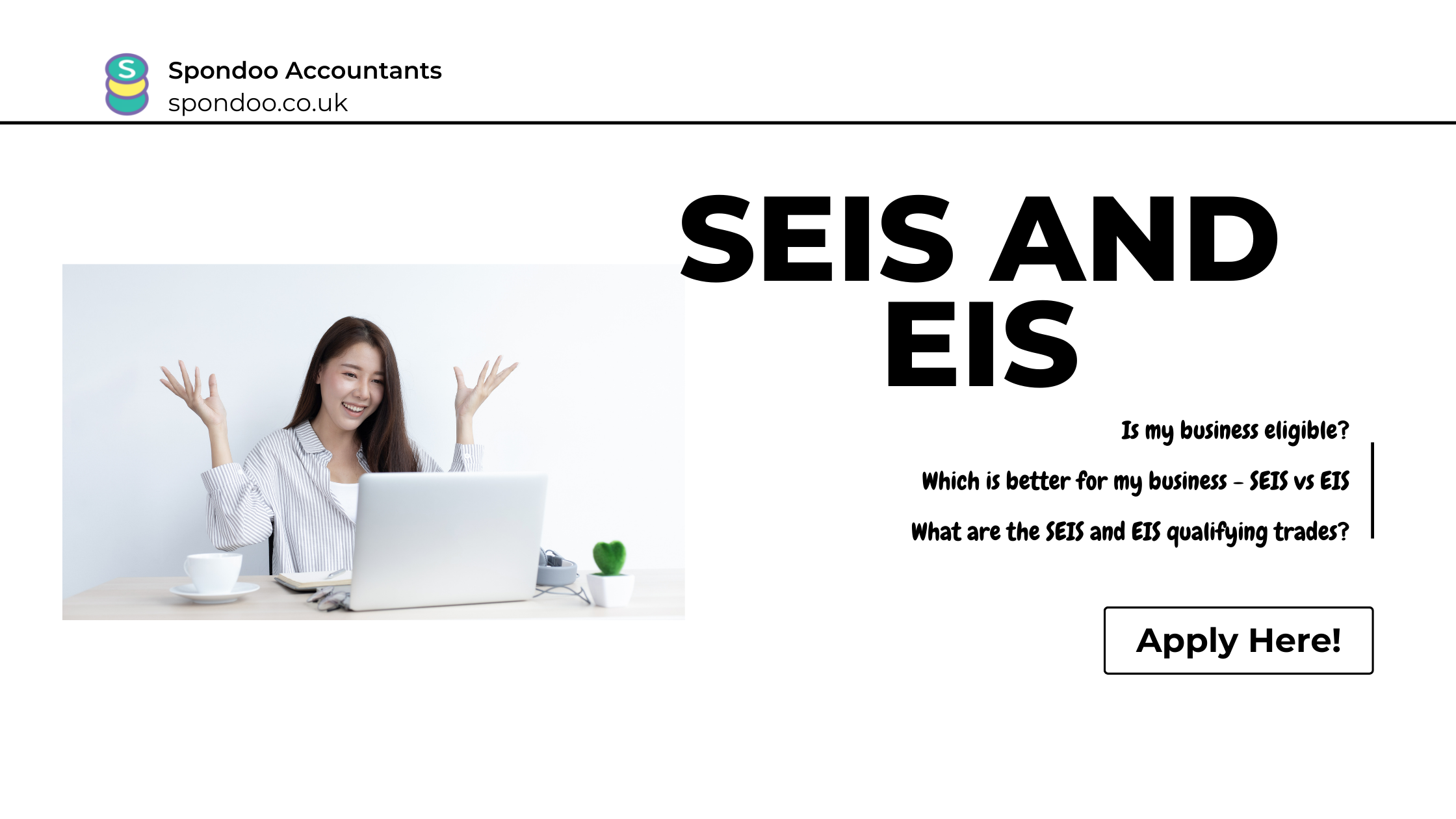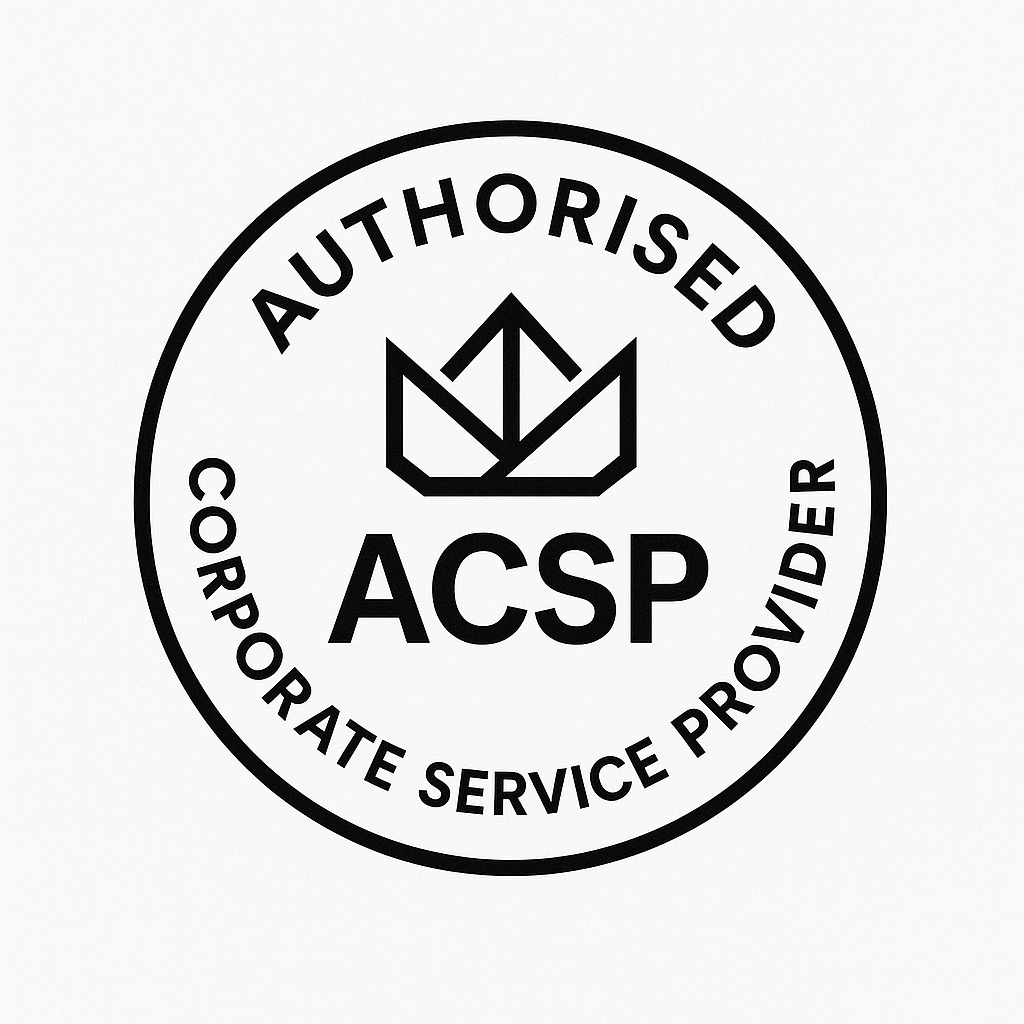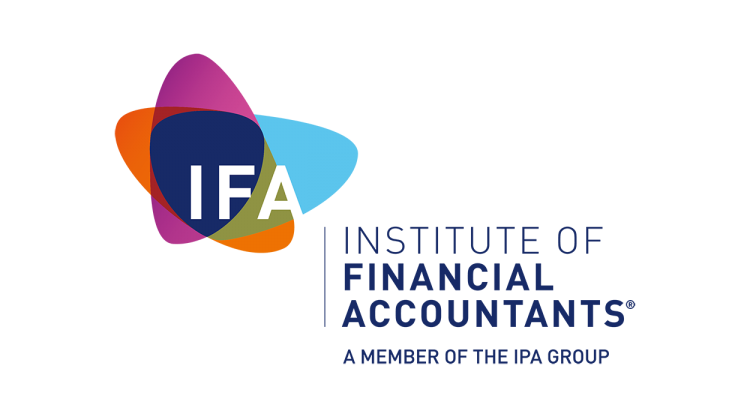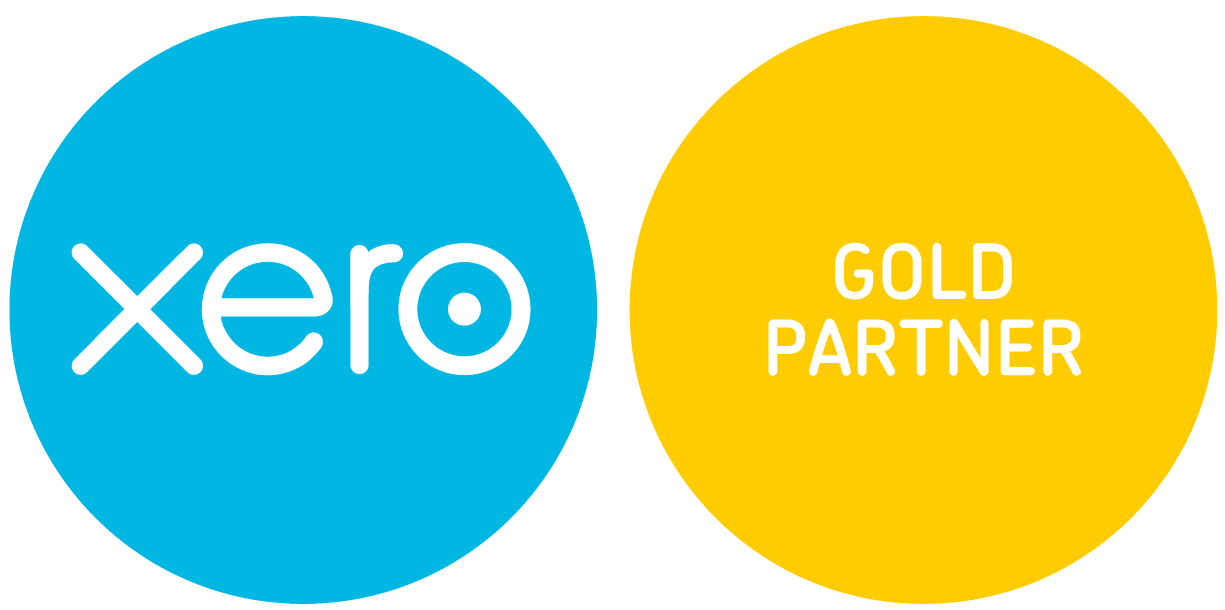Seed Enterprise Investment Scheme (SEIS) and Enterprise Investment Scheme (EIS)
SEIS and EIS are government-approved tax-relief incentive schemes designed to encourage investment into early-stage businesses.
Securing your Advanced Assurance
If you want to raise investment from SEIS or EIS, HMRC must determine if your investment qualifies for the schemes.
For expedited assistance with your advanced assurance, please click here to access our SEIS/EIS Advanced Assurance Application. This application serves as your direct gateway to HMRC's Advanced Assurance, ensuring that your investment journey begins on the right track.
For your business to qualify for either SEIS or EIS - it must meet some requirements – as will be discussed in this article.
SEIS or EIS Qualifying businesses
Does my business qualify for EIS?
The Enterprise Investment Scheme (EIS) is a government initiative that offers investors 30% tax relief on investments up to £1 million – among other benefits.
To qualify, companies must meet the following requirements:
- Carry out a qualifying trade (as explained below).
- Have a permanent establishment in the UK.
- Be within seven years of your company's first commercial sale.
- Must not be trading or planning to trade on a recognised stock exchange at the time of the share issue.
- Does not have control over another company - other than its qualifying subsidiaries.
- Should not be controlled by another company or have more than 50% of its shares owned by another company.
- Not planning or intending to close after completing a project(s).
- Should not have gross assets worth more than £15 million before any shares are issued - and not more than £16 million immediately after shares are issued.
- Must meet the risk to capital condition - your company must use the money for growth and development. Additionally, the investment should be a risk to the investor’s capital.
- Have less than 250 full-time equivalent employees when the shares are issued.
If your company has subsidiaries:
- Your company must own more than 50% of the subsidiary’s shares.
- No one other than your company or its other qualifying subsidiaries can control this subsidiary.
- There cannot be any arrangements which would put someone else in control of this subsidiary.
- The subsidiary must be at least 90% owned by your company where either the: business activity you’re going to spend the investment on is to be carried out by the qualifying subsidiary, OR, your subsidiary's business is mainly property or land management.
Does my business qualify for SEIS?
The Seed Enterprise Investment Scheme (SEIS) is a tax incentivised scheme available to companies in their first two years of trading. The SEIS scheme gives qualifying investors initial tax relief of 50% on investments up to £100,000 - and other benefits.
For companies to qualify for SEIS, they must meet the following requirements:
- Carry out a new qualifying trade.
- Your company must not have carried out the qualifying trade for more than two years.
- Must have an establishment in the United Kingdom.
- Should not be trading on a recognised stock exchange at the time of the share issue.
- It should not be a member of a partnership.
- Has no arrangements to become a quoted company or a subsidiary of one at the time of the share issue.
- Should have no control over another company unless it’s the company’s qualifying subsidiary.
- The company should not have been controlled by another company since its incorporation.
- Should not have gross assets over £200,000 when the shares are issued.
- Must have less than 25 full-time equivalent employees when the shares are issued.
SEIS vs EIS qualifying businesses - which scheme is right for your company?
We have summarised the testing criteria in this table:
Criteria | EIS | SEIS |
| Gross Assets | Have less than £15 million in gross assets before funding. | Have under £200,000 in gross assets before funding. |
| Trading time | Be within seven years of the company's first commercial sale | Have been trading for less than two years. |
| UK Permanent Establishment | Have a permanent establishment in the UK. | Have a permanent establishment in the UK. |
| Partnership Test | Must not be a member of a partnership with another company | Must not be a member of a partnership with another company |
| Number of Employees Test | No more than 250 employees. | No more than 25 employees. |
SEIS and EIS Qualifying trades - Companies/trades that do (not) qualify for SEIS and EIS
The criteria used to determine qualifying trades are the same for both EIS and SEIS. To qualify, your business trade:
- Must be run with a view of gaining a profit
- Should not to any substantial extent be part of ‘excluded activities.’
Excluded activities
Your company may not qualify for the SEIS and EIS schemes if more than 20% of your trade includes the following excluded activities:
- Energy generating activities – like electricity and heat.
- Coal or steel production
- Property development
- Production of gas or other fuel
- Getting royalties or license fees.
- Give legal or accountancy services.
- Export electricity.
- Deal in land, commodities, futures or shares, securities or other financial instruments.
- Trading goods that are not ordinarily involved in wholesale or retail distribution.
- Financial activities like - Banking, insurance, debt-factoring, moneylending, or hire-purchase financing.
- Leasing - including letting ships on charter or other assets on hire.
- Farming or market gardening.
- Running and holding woodland, forestry activities or timber production.
- Run hotels and related establishments or manage their property.
- Run nursing homes, residential care, and related property.
- Shipbuilding.
However, you must also bear in mind that:
- Ancillary services: providing services that support excluded activities is deemed okay. For example, your business can qualify for SEIS if you are providing advisory services to shipbuilders – even if shipbuilding is an excluded activity.
- Purchasing goods as raw materials: Even though dealing in raw commodities is disqualified – purchasing raw materials to facilitate your trade is allowed. For example, your business will qualify for SEIS and EIS if you purchase raw materials for manufacturing.
- Royalty and license fees: as much as receiving royalty and license fees are disqualified activities – you may qualify for the two schemes if you get your royalties or license fees from ‘relevant intangible assets.’
You can read more about non-qualifying trades on the HMRC website. However, there are some inevitable grey areas because not all businesses fit perfectly into each category. You can speak to our team for support.
Applying for SEIS and EIS – how can we help?
If you want to raise investment from SEIS or EIS, HMRC must determine if your investment qualifies for the schemes. In that case, you can use our tool to apply to HMRC for advance assurance before you start raising your investment.
Are you a founder or investor? Get in touch with us so we can also help with:
Founder
- Help you check if your business meets the eligibility criteria for SEIS or EIS schemes.
- Advise you on how to remain SEIS or EIS compliant during the length of the investment.
- Apply for SEIS or EIS on your behalf application – we will also act as your correspondence with HMRC to ensure you get an Advance Assurance acceptance.
- After you get HMRC approval, we will work on increasing your chances of securing funding - by enhancing your investment proposition.
- Help you create SEIS or EIS certificates for investors.
Investor
- We will advise you on your tax position – before investing in SEIS or EIS companies
- Advise you on the most tax-efficient way of disposing of shares – if the investment was under SEIS or EIS.
- Handle your tax returns – so that you can maximise your tax relief.





